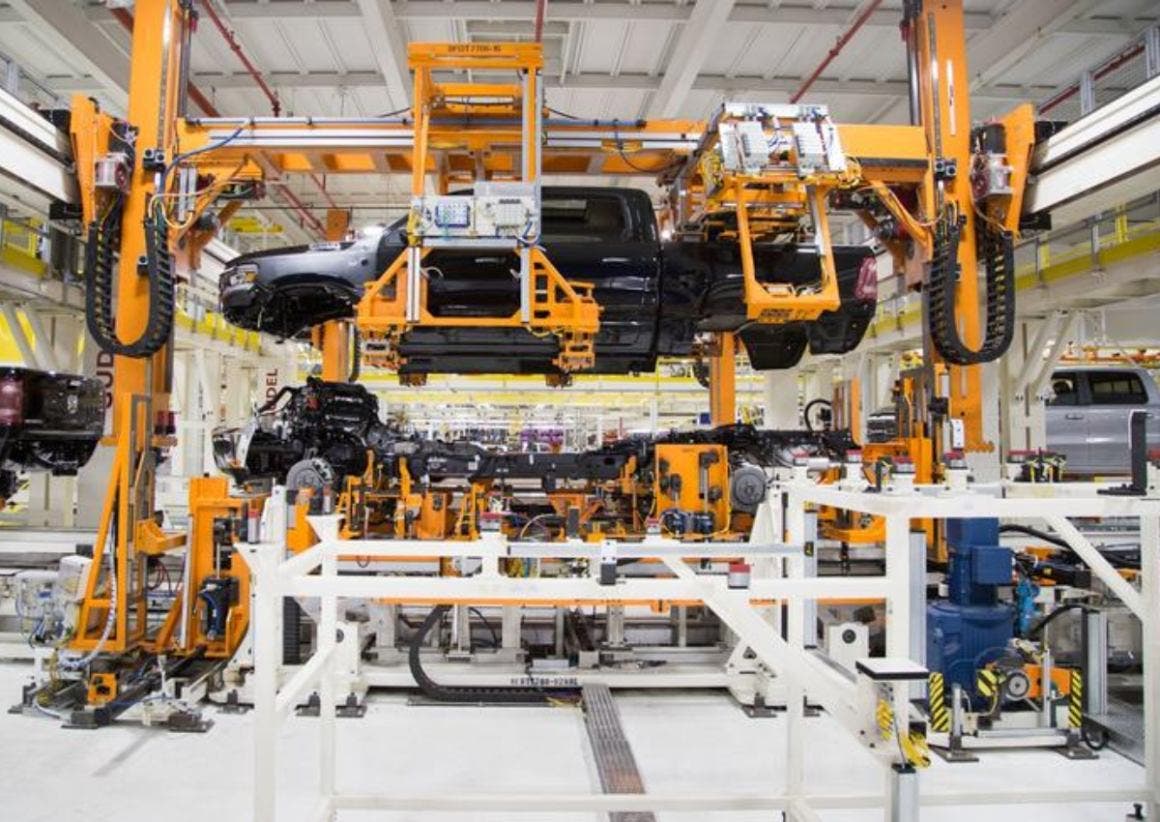Stellantis vehicle production in Italian and US plants has plummeted in 2024. Following recent difficulties, Carlos Tavares might make way for a new CEO in 2026 when his contract expires. Additionally, he intends to cut costs and save money, also asking employees to avoid any unnecessary expenses following the decline in sales in the United States and elsewhere. In short, the situation is tragic. While companies like Tesla and Volvo use gigacasting, a production technique that helps reduce manufacturing costs, Stellantis has stated its opposition.
Stellantis will not use gigacasting to reduce production costs

Essentially, gigacasting allows for replacing numerous components in a single casting, reducing vehicle weight and skipping several production processes. However, according to Arnaud Deboeuf, Stellantis’ head of manufacturing, this practice would have no advantages in terms of production or cost savings. After-sales service would also be problematic. According to Deboeuf, gigacasting would involve higher costs, especially at the beginning, and complications in repairing vehicles in case of accidents.
Tesla and Volvo don’t share the same view, arguing that gigacasting allows for cost savings and faster vehicle production. While Tesla already uses this technique, Volvo is investing in its plants to reduce the number of parts needed for vehicle production. In short, for Stellantis, cost reduction will happen differently, namely by laying off thousands of workers.
The decision to cut thousands of jobs comes after a crisis, unique to Stellantis, in the US market. Some plants have been closed, while production has been halted for several weeks in others. Italy is experiencing the same situation, with production at the Mirafiori plant, where the Fiat 500e is produced, having fallen by 68% in 2024. The Fiat 500e has sold only a few hundred units in the United States.

